Where is Turkey Going?
by Veli Sirin
January 3, 2014 at 5:00 am
http://www.gatestoneinstitute.org/4116/turkey-government-crisis
The unraveling of relations between Erdoğan and Gülen has begun to overshadow the details of the corruption scandal that brought it about.
As the crisis of Turkey’s government and the country’s competing Islamists is deepening, the attitude of Prime Minister Recep Tayyip Erdoğan, leader of the ruling Justice and Development Party, known as AKP, is hardening – as are the positions of his opponents.
With new developments emerging daily, Erdoğan was confronted on January 1, 2014 with a petition by the former army general staff chief, Gen. İlker Başbuğ, that Başbuğ be released from a life sentence handed down against him on August 5, 2013, in the “Ergenekon” conspiracy trials, in which the Islamist government accused members of the secular military of supposedly trying to bring the government down. As described in the leading national media platform, the Hürriyet Daily News, Başbuğ was one of 275 suspects charged in the “Ergenekon” affair; other high military officials, journalists and academics were subjected to “aggravated life sentences,” which replaced death sentences, in the “Ergenekon” proceedings.
As noted in the same Hürriyet article, Başbuğ based his demand for exoneration on Erdoğan’s claim that “gangs within the state” and “members of the parallel state” had penetrated the judiciary, police, and other official structures. Erdoğan’s chief advisor, Yalçin Akdoğan, implied that members of the judiciary had “framed” military officers in the “Ergenekon” case.
Senior AKP legislator Mustafa Elitaş, told Hürriyet Daily News that Turkey could change laws to allow a retrial of the military officers convicted of plotting to overthrow Erdoğan. According to that Hürriyet Daily News account, Elitaş said of the army defendants, “We will, if necessary, make new legal arrangements to stop people’s unjust treatment.”
At the same time, and as reflected in the same Hürriyet Daily News post of December 31, former army General Çetin Doğan, accused and convicted of a similar plot in the “Sledgehammer” trial of military leaders, which ended in 2012, is preparing a complaint against a 20-year prison term imposed on him.
Erdoğan’s chief advisor, Akdoğan, then reversed course. In a press statement quoted by Today’s Zaman, another major Turkish newspaper, Akdoğan declared, “It is wrong to the utmost degree to use my previous writings to say that I have called some trials ‘false,’ ‘baseless,’ ’empty’ and ‘fabricated.’ Just as prosecutors need evidence to issue criminal charges, the defense, believing the evidence presented is false, needs to provide its own evidence to support its argument.”
Ironies abound in the current Turkish turmoil. Erdoğan and AKP were widely reported to have mounted the “Sledgehammer” and “Ergenekon” proceedings in a long-term Islamist bid to cut down the influence of the secularist military. London Guardian correspondent Simon Tisdall, noted on September 25, 2012 that Turkish military commanders had carried out three coups, between 1960 and 1980 (including a full-fledged takeover in 1971), and had forced AKP out of power in 1997.
Tisdall continued, “Tensions between the AKP and the military, proud guardians of [Turkey]’s secularist legacy, were at times acute. It is not difficult to imagine the generals wanted rid of Erdoğan.”
The AKP seems caught between its desire to defend the two anti-military trials and to rein in a process that has escaped its control, with the judiciary turning on Erdoğan’s party leaders. A December 31, 2013 Reuters news agency wire ascribed to AKP deputy prime minister Ali Babacan a claim that subversion of the AKP administration was the motive for a “graft inquiry [that] became public on 17 December with a series of raids and detentions of senior businessmen close to Erdoğan, and of the sons of three ministers.”
The same Reuters account pointed out that “Erdoğan has, without naming it, accused a movement led by the Turkish cleric Fethullah Gülen of creating a ‘state within a state,’ using influence in the police and judiciary in a campaign to discredit the government. The [Gülen-led] Hizmet (Service) movement controls a global network of schools and businesses. Tensions have grown between the two former allies over elements of foreign and domestic policy and moves to close Gülen’s private schools in Turkey.”
Fethullah Gülen was born in Turkey in 1941 near the city of Erzurum but since 1999 has lived in rural Saylorsburg, Pennsylvania, according to a profile of him by Alexander Christie-Miller posted by The Christian Science Monitor Gülen came to the U.S., Christie-Miller wrote, “after fleeing Turkey over charges of seeking to topple the country’s secular government.” London Financial Times writer Daniel Dombey, however, stated that Gülen had moved to America for “medical treatment.”
Gülen was portrayed as “soft-spoken,” “modest,” and tolerant of Turkey’s non-Muslim religious minorities, including “Nestorian Christians, Protestants [and] Jews,” in an article about him by Brian Knowlton of The New York Times. The newspaper Today’s Zaman, quoted above, is owned by the Gülen movement.
Erdoğan, for his part, has become known for conspiratorial claims. When the corruption scandal struck the AKP government in December, the prime minister was cited by Emre Peker in The Wall Street Journal.
Erdoğan claimed, according to Peker, that the investigation of financial crimes in his administration was “the work of foreign powers uncomfortable with Turkey’s rising economic and political clout. ‘If we don’t respond to these operations in the harshest, most decisive manner today, rest assured that these conspiracies will continue to engineer our national will in the future,’ he said.”
Prime Minister Erdoğan further used an idiom flavored with aggression. Hürriyet Daily News reported that Erdoğan said in a speech in Ordu, a northern Turkish city, “Those who want to establish a parallel structure alongside the state, those who have infiltrated into the state institutions … we will come into your lairs and we will lay out these organizations within the state.”
Gülen, in reaction to the implication by Erdoğan and his supporters that Gülen, and his followers in the judiciary and police had turned against the AKP, burst out with rhetoric that belied his long-cultivated image of unruffled tranquility. Gülen issued a video sermon, rebroadcast widely on Turkish television channels, in which he denounced “Those who don’t see the thief but go after those who chase the thief … May Allah bring fire to their homes.”
Erdoğan replied in a subdued manner, on December 22, before leaving on a trip to Pakistan: “We pray for Muslims to reach the right way, not for their damnation. Cursing is such a trick among Muslims it will return to one who did this like a boomerang.”
The unraveling of relations between Erdoğan and Gülen has begun to overshadow the details of the corruption scandal that brought it about. On December 17, fifty individuals were arrested in Istanbul and Ankara. The focal point of the investigation was a deal between Turkey and Iran for Turkey to provide gold in payment for Iranian oil, circumventing international financial sanctions against Tehran.
Charges in the case included money laundering, bribery and fraud. The accused include the sons of three members of Erdoğan’s cabinet, who resigned on December 25: Interior Minister Muammer Güler, Economy Minister Zafer Çağlayan, and Environment Minister Erdoğan Bayraktar. Hürriyet Daily News reported that Bayraktar complained of pressure to quit, and gave up his AKP parliamentary seat as well as his ministry. Bayraktar concluded, “For the sake of the well-being of this nation and country, I believe the prime minister should resign.”
Others under arrest include Süleyman Aslan, chief executive officer of Halkbank, a state institution, and an Iranian-Azerbaijani businessman, Reza Zarrab, according to Isobel Finkel of Bloomberg News.
Hürriyet Daily News said police “reportedly have found $4.5 million in cash stored in shoe boxes in Aslan’s home.” The cash-laden shoeboxes were shown repeatedly on Turkish television.
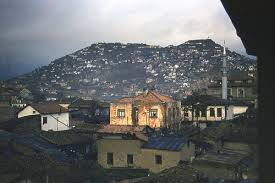
The Bloomberg News article of December 23 asserted “the next target of investigation [could involve] construction contracts with an NGO [non-governmental organization] that allegedly has connections to Erdoğan’s son Bilal.” The Bloomberg reportage also noted that the “government purged at least 60 police chiefs,” aggravating the conflict with Gülen, whom the Bloomberg reporter stated “has a wide following in the police and judiciary.”
A December 26 Deutsche Welle report announced the latest turning point in the case, when “The attorney responsible for corruption investigations in Istanbul, Muammer Akkaş, was removed from the case after allegations of leaking information to the media.”
Erdoğan “appeared to threaten Akkaş,” according to Daniel Dombey of the Financial Times. Dombey wrote, “‘What kind of prosecutor is this?’ Mr Erdoğan asked his audience. ‘The chief prosecutor takes the file from him and this gentleman gets up and screams. Just wait – we have business to settle with you.’ “
Hürriyet Daily News described Erdoğan as continuing “vitriolic attacks” in a speech he delivered in Akhisar, a neighborhood in the western Turkish town of Manisa that day.
The anti-Erdoğan portion of the Turkish public has contributed in its own distinctive manner to the crisis of Islamist power. When Erdoğan appeared in Manisa on December 29, Nurhan Gül, a female pensioner, waved a shoe-box, symbolizing the corruption at Halkbank, from her balcony to express her discontent with Erdoğan during his speech. She was detained by the Prime Minister’s security guards, taken to a police station, and questioned for four hours, then released. But Erdoğan was apparently irritated to learn that Nurhan Gül had become a national hero immediately, and that Kemal Kılıçdaroğlu, leader of the secular opposition Republican People’s Party (CHP), had called her with congratulations.
Hürriyet Daily News columnist Serkan Demirtaş, noted the arrest of the shoebox-waving pensioner and concluded, “This is [the] time for President Abdullah Gül, who is only watching developments so far, as the head of the nation, to step in and assign the State Audit Board (DDK) to study whether claims of a parallel state or gangs within the state are accurate. The problem is about the functions of the state and it is Gül’s constitutional duty to deal with this growing crisis.”

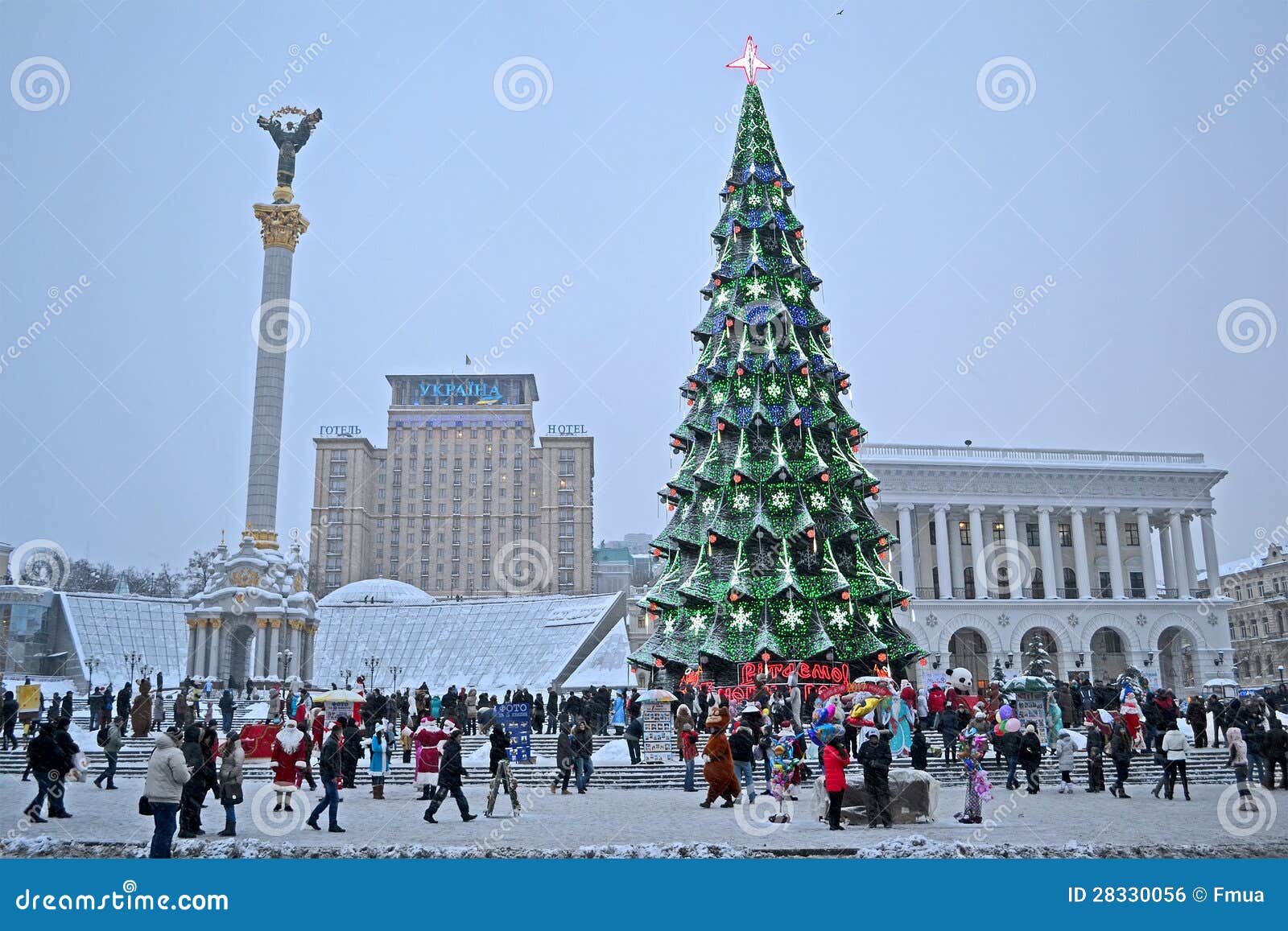

![global_economic_crisis_thumb[4]](http://strangetimes.lastsuperpower.net/wp-content/uploads/2011/01/global_economic_crisis_thumb4-300x300.jpg)
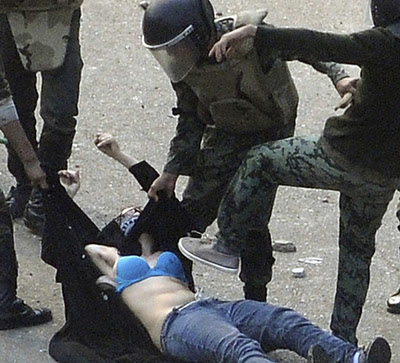
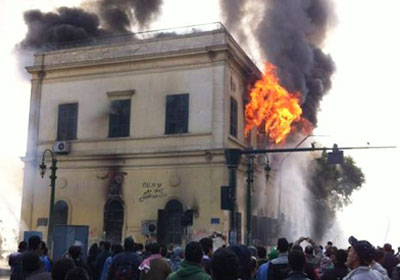
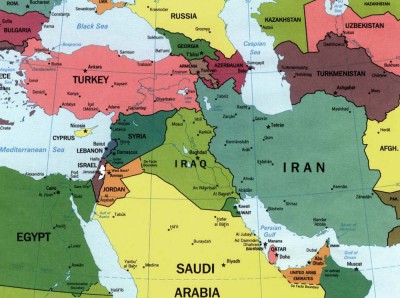
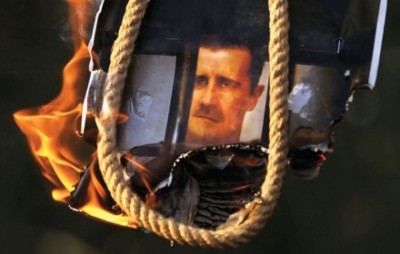
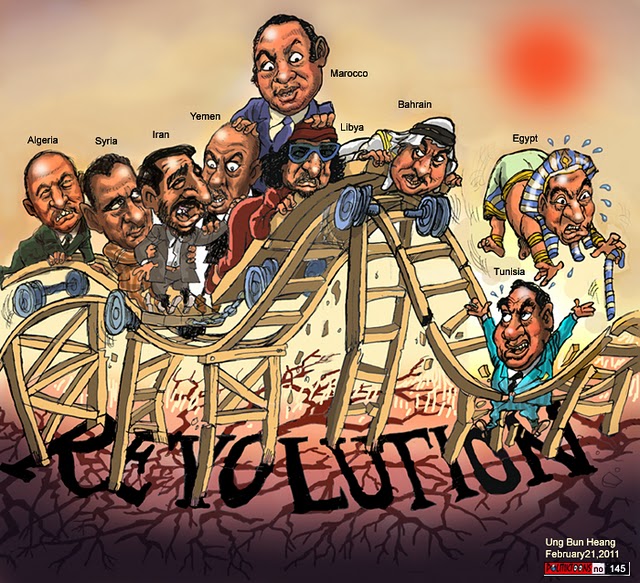

Recent Comments